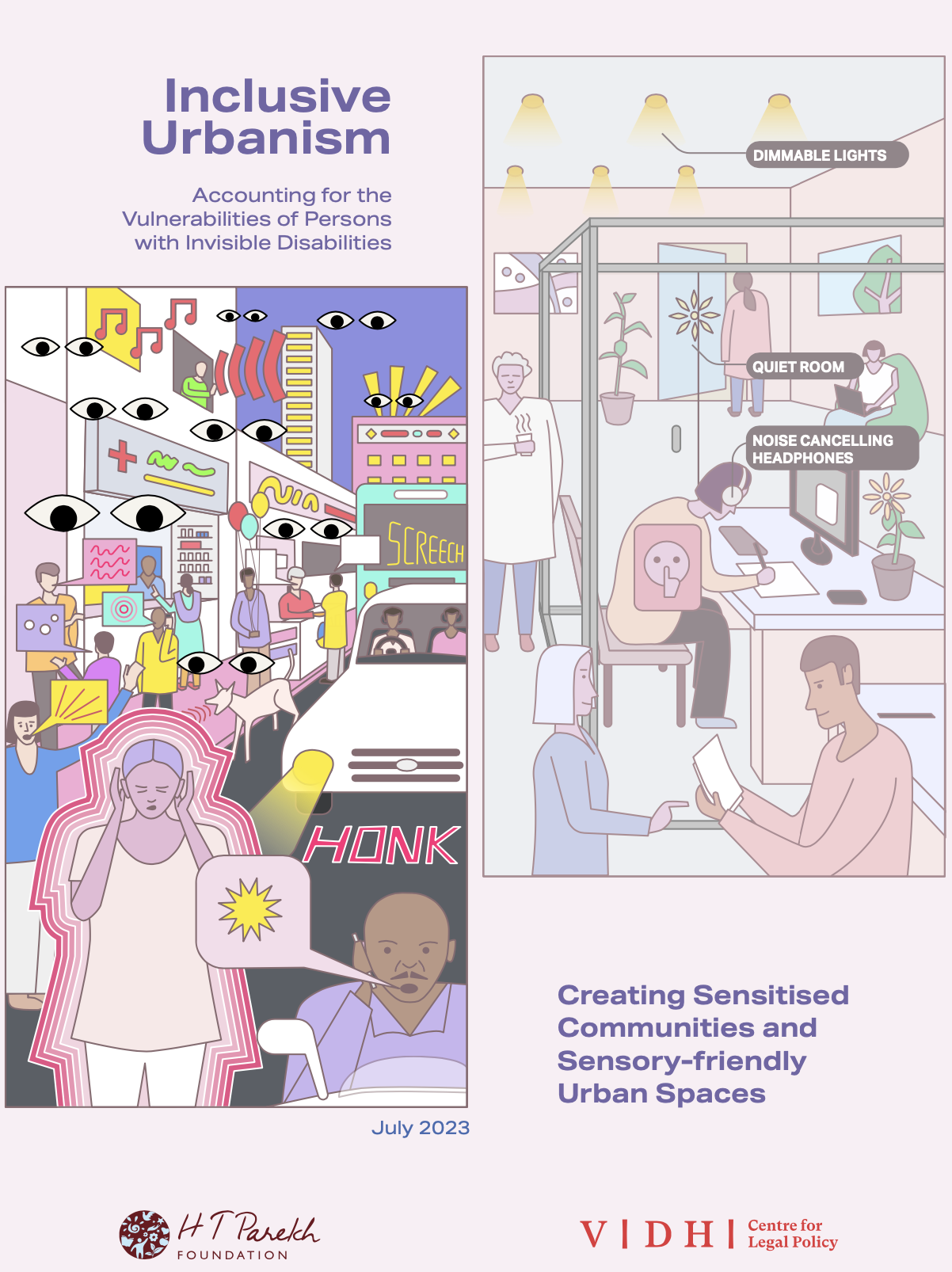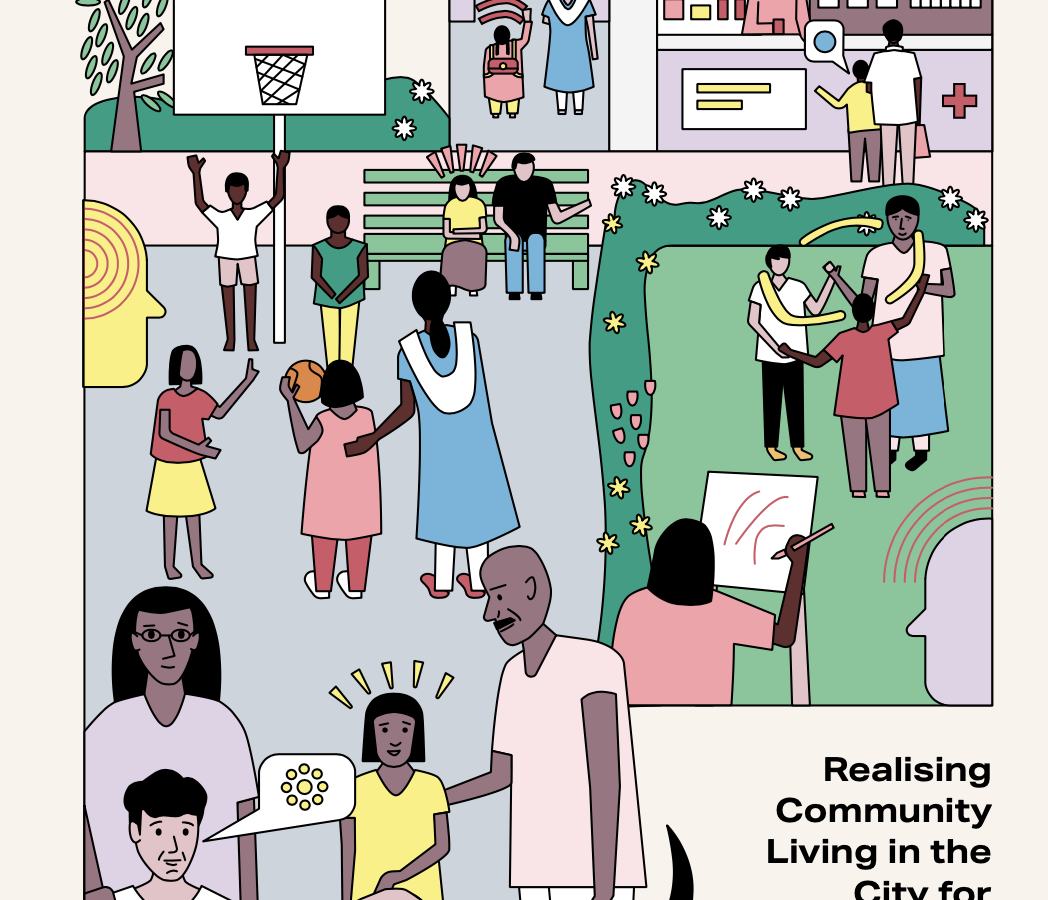
Disabled Friendly Consumer Protection
Background
Over the past three decades, India has undergone significant economic and technological transformation. Accordingly, consumption patterns, variety of goods and services, and opportunities for consumers have also changed substantially. However, the growth of the consumer market is marked by a proportional rise in market malpractices that often leave consumers in unfavourable positions. While consumer protection laws have been strengthened to keep pace with the rapid changes in the economy and technology, a consumer demographic that has remained largely invisible in this transformation is persons with disabilities. Like any other consumer, persons with disabilities are vulnerable to exploitation by businesses. However, they are further disadvantaged due to pervasive inaccessibility, discrimination, and exclusion.
The approx. 2.2 crore persons with disabilities in India constitute a significant consumer base. Neglecting the diverse needs and requirements of these consumers not only marginalises them but also poses potential adverse effects for businesses. By failing to recognise persons with disabilities as target consumers, businesses risk missing out on valuable market opportunities. Highlighting this inequity, this report advocates for an inclusive consumer protection framework that is sensitive to the diverse needs and requirements of persons with disabilities. To this end, the report identifies challenges faced by persons with disabilities in their role as consumers (termed as ‘consumers with disabilities’), examines the adequacy of the existing legal frameworks in protecting their rights and finally recommends measures to strengthen the law and its implementation to secure accessibility and effective consumer protection for them.
Challenges
The report notes that the challenges faced by consumers with disabilities in accessing goods and services and receiving adequate consumer protection are two-fold. Firstly, a vast majority of the available goods and services are inherently inaccessible for persons with disabilities due to physical and attitudinal barriers. These barriers are attributable to a host of reasons spanning general oversight due to misconceived perceptions, lack of awareness, disability-specific understanding and imagination among businesses. For example, a standard two-wheeler without adaptations is inaccessible for a person with locomotor disability but the manufacturer of the two-wheeler may not even take this into consideration. Secondly, consumer complaint mechanisms in the form of customer care services, consumer helplines and consumer dispute redressal commissions often lack accessible formats and procedures, making it challenging for consumers with disabilities to register complaints and get redress.
Legal Framework
In the last ten years, two significant legislations have been enacted that govern the rights of consumers and persons with disabilities: the Consumer Protection Act, 2019 (‘CPA’) and the Rights of Persons with Disabilities Act, 2016 (‘RPWDA’). Despite being recent and hailed as being progressive, the report notes how these laws have failed to effectively address the above-mentioned challenges faced by consumers with disabilities and, therefore, protect their rights. While the CPA focuses on safeguarding consumer rights, it lacks provisions for ensuring accessible goods and services or accessible grievance redressal for persons with disabilities. On the other hand, the RPWDA incorporates provisions for accessible goods, services, universal accessibility, reasonable accommodation, and equal protection of persons with disabilities. However, unlike the CPA, it falls short in effectively providing compensation and imposing penalties in cases of violation.
Way Forward
Upon analysis of both legislations, the report ultimately discusses how the CPA is more adept at providing effective remedies to consumers with disabilities and exhibits a stronger sectoral focus compared to the RPWDA. It thus recommends legislative measures in the nature of amendments to the CPA to secure inclusivity and accessibility for consumers with disabilities. The report also puts forth various non-legislative measures, such as conducting government surveys to identify challenges faced by consumers with disabilities, raising awareness among persons with disabilities, manufacturers, sellers, and service providers, capacity building initiatives for them, and incentivising the manufacturing and provision of accessible goods and services. In light of these recommendations, this report envisions that persons with disabilities become integral participants in India’s consumer rights framework and their needs and rights as consumers are fully recognised and respected in the future.





